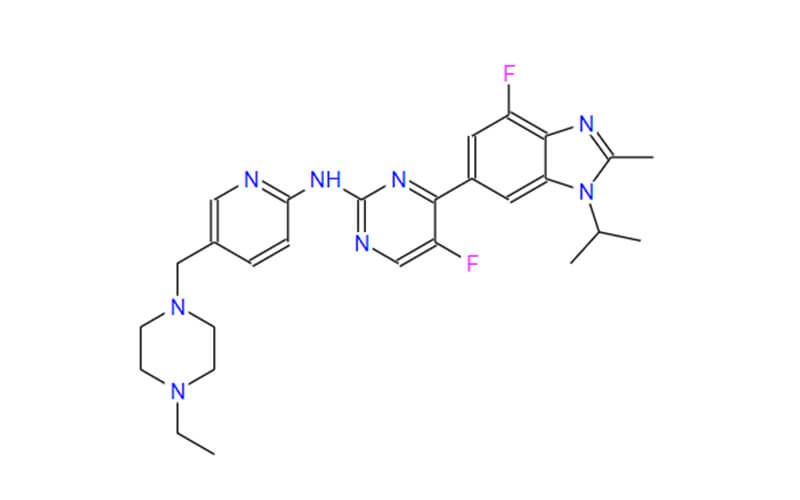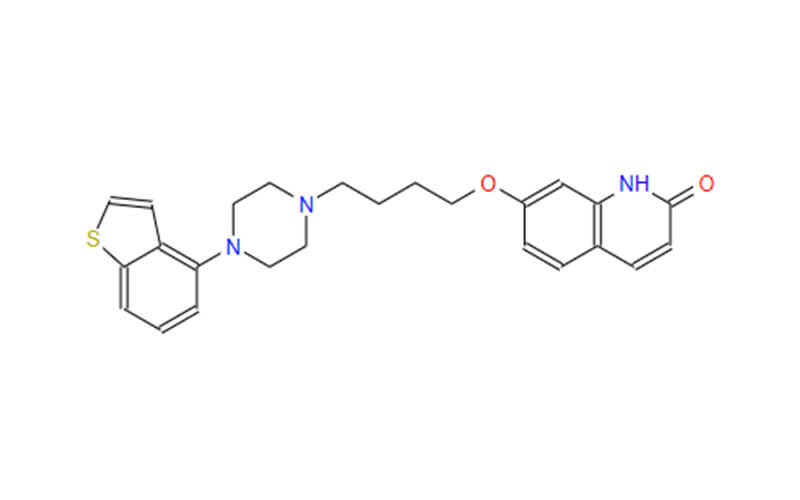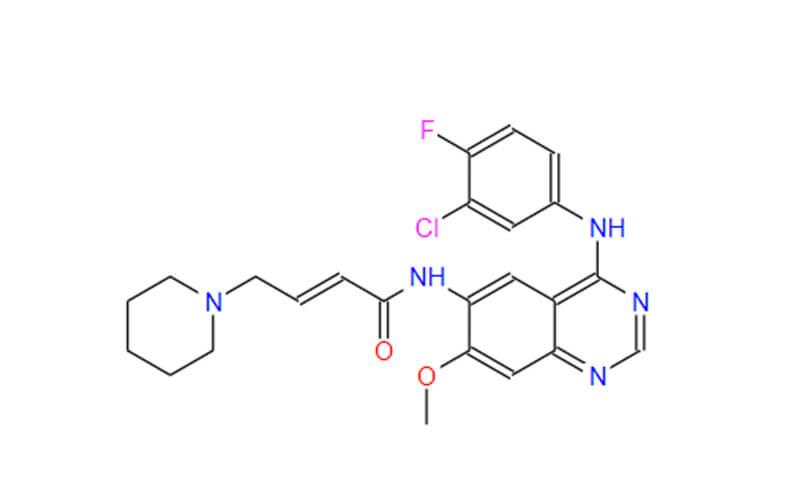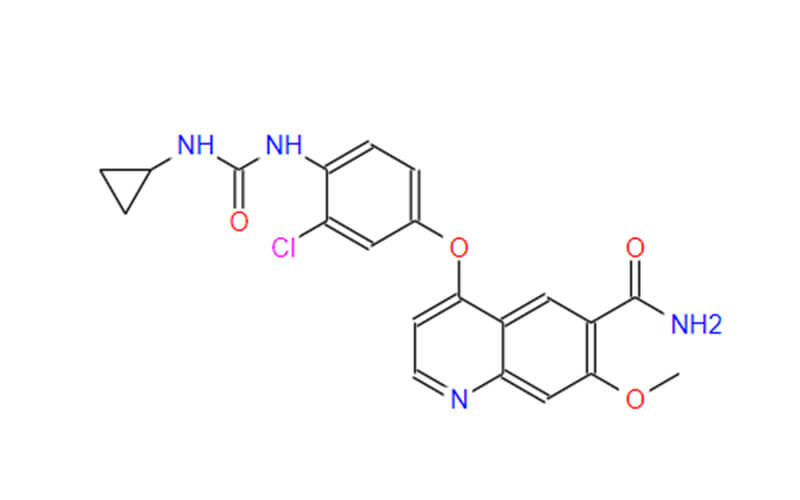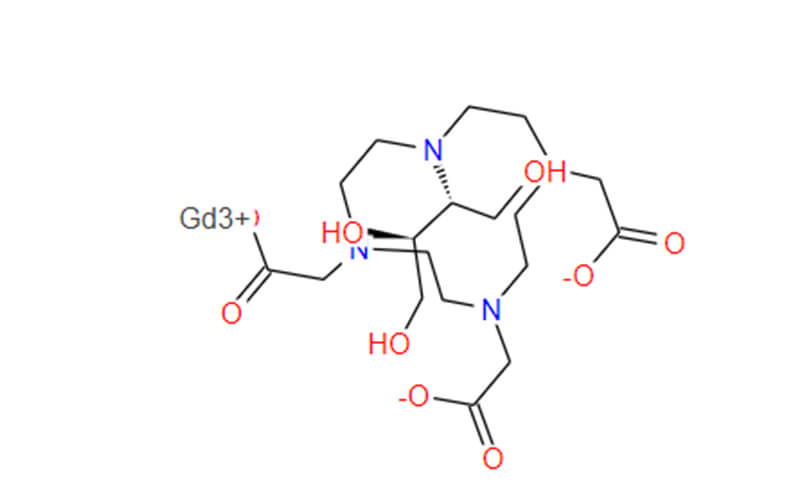Apalutamide for Prostate Cancer: What You Need to Know
Apalutamide is a pharmaceutical compound that has gained significant attention in recent years for its role in the treatment of certain medical conditions. Understanding what apalutamide is used for, how it works, its potential side effects, and selecting the right supplier is crucial for both healthcare professionals and patients. In this article, we will delve into these aspects to provide a comprehensive understanding of apalutamide.
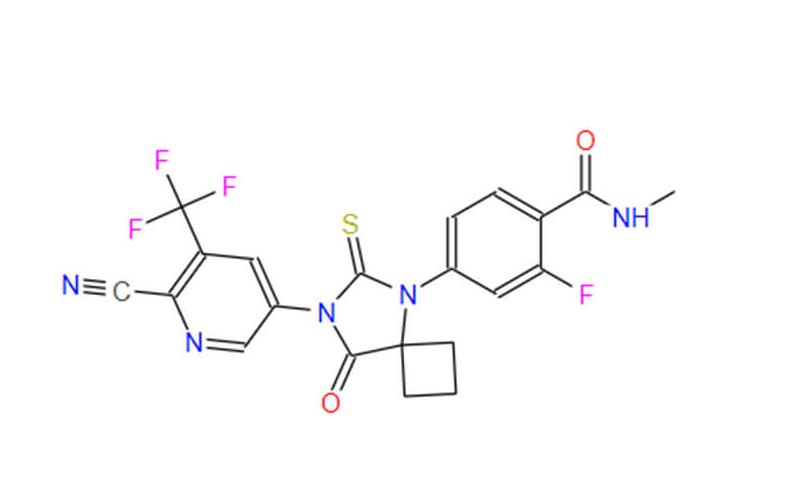
What is Apalutamide Used For?
Apalutamide is a prescription medication used to treat non-metastatic castration-resistant prostate cancer (nmCRPC) and metastatic castration-resistant prostate cancer (mCRPC). It is a type of antiandrogen medication that works by blocking the effects of testosterone on prostate cancer cells.
Prostate cancer is a type of cancer that develops in the prostate gland, a walnut-sized gland that produces some of the fluid that makes up semen. Testosterone is a male sex hormone that helps prostate cancer cells grow and divide. By blocking the effects of testosterone, apalutamide can help to slow the growth of prostate cancer cells and kill them.
Apalutamide is approved by the US Food and Drug Administration (FDA) for the treatment of:
- Non-metastatic castration-resistant prostate cancer (nmCRPC): NmCRPC is a type of prostate cancer that has not yet spread to other parts of the body, but is no longer responding to castration therapy. Castration therapy is a treatment that lowers testosterone levels.
- Metastatic castration-resistant prostate cancer (mCRPC): MCRPC is a type of prostate cancer that has spread to other parts of the body and is no longer responding to castration therapy.
Apalutamide is typically used in combination with other treatments for prostate cancer, such as androgen deprivation therapy (ADT) or chemotherapy. ADT is a treatment that lowers testosterone levels. Chemotherapy is a type of cancer treatment that uses drugs to kill cancer cells.
How Does Apalutamide Work?
Apalutamide works by blocking the androgen receptor (AR). The AR is a protein that helps prostate cancer cells grow and divide. By blocking the AR, apalutamide can help to slow the growth of prostate cancer cells and kill them.
The AR is a nuclear hormone receptor, which means that it is located in the nucleus of the cell. When testosterone binds to the AR, it activates the AR, which then triggers the transcription of genes that are involved in cell growth and division. Apalutamide works by preventing testosterone from binding to the AR, which blocks the activation of the AR and the transcription of genes that are involved in cell growth and division.
In addition to blocking the AR, apalutamide also has anti-androgenic effects at other levels of the androgen signaling pathway. For example, apalutamide can inhibit the production of testosterone and other androgens. Apalutamide can also inhibit the conversion of testosterone to dihydrotestosterone (DHT), which is a more potent form of testosterone.

Can Apalutamide Cause Side Effects?
Like any medication, apalutamide is associated with certain side effects, although their severity and occurrence can vary from person to person.
Common Side Effects
Some common side effects of apalutamide include fatigue, joint pain, rash, diarrhea, and nausea. It’s essential to report these side effects to a healthcare provider as they can often be managed with supportive care or adjustments to the treatment plan.
Rare or Severe Side Effects
While rare, some patients may experience more severe side effects such as liver problems, high blood pressure, heart problems, and falls or fractures. Monitoring and early detection are crucial in managing these rare side effects, and patients should communicate any unusual symptoms to their healthcare team promptly.
Managing and Mitigating Side Effects
Healthcare professionals play a vital role in helping patients manage and mitigate side effects. This may involve dose adjustments, medication changes, or supportive care measures. Patients are encouraged to maintain open communication with their healthcare team to ensure the best possible treatment experience.
When to Seek Medical Attention
Patients should be aware of potential signs of severe side effects and seek immediate medical attention if they experience symptoms such as severe chest pain, difficulty breathing, jaundice, or significant changes in blood pressure.
How to Choose the Right Apalutamide Supplier?
Selecting a reliable supplier for apalutamide is crucial to ensure the safety and effectiveness of the medication.
- Importance of a Reputable Supplier
Choosing a reputable supplier is the first step in ensuring the quality and authenticity of apalutamide. Reliable suppliers adhere to strict quality control standards and ethical business practices.
- Regulatory Approvals and Certifications
Verify that the supplier is licensed and authorized to distribute pharmaceutical products. Regulatory approvals and certifications are indicators of a supplier’s commitment to quality and compliance.
- Quality Control and Product Authenticity
Reliable suppliers follow rigorous quality control processes to guarantee the authenticity and purity of their products. Counterfeit or substandard medications pose significant health risks and should be avoided at all costs.
- Pricing Considerations and Affordability
While cost is a consideration, it’s essential to strike a balance between affordability and product quality. Extremely low prices may be a red flag, as they could indicate compromised product quality.
- Accessibility and Distribution Networks
Choose a supplier with a robust distribution network to ensure timely access to apalutamide. This is particularly important for patients who require a consistent supply of the medication.
- Patient Testimonials and Reviews
Patient testimonials and reviews can provide insights into the supplier’s reputation and customer satisfaction. However, these should be considered in conjunction with other factors mentioned above.

Summary
In summary, apalutamide is a valuable medication used primarily for the treatment of non-metastatic castration-resistant prostate cancer. Its mechanism of action involves targeting the androgen receptor to slow down disease progression. While it can cause side effects, most are manageable with the guidance of healthcare professionals.
Selecting the right apalutamide supplier is critical to ensuring the safety and effectiveness of the medication. Reputable suppliers adhere to quality control standards, possess the necessary certifications, and prioritize product authenticity. Patients and healthcare providers should exercise due diligence when choosing a supplier to ensure that patients receive the best possible care and treatment outcomes. Ultimately, apalutamide represents a significant advancement in the fight against prostate cancer, offering hope and improved quality of life for those affected by this disease.

